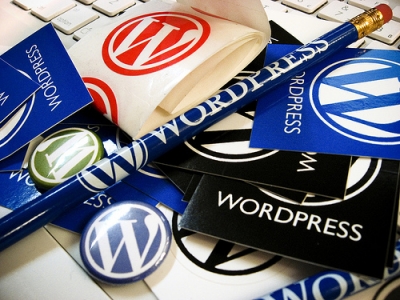Optimize your Wordpress site speed.
Here are some tips for the wordpress hosting site optimization and better performance. It will reduce the CPU burden by wordpress on the server and your pages will run smoothly at the wordpress hosting server.
1) Upgrade your WordPress to the latest version if you haven’t. You are probably reluctant to upgrade if it’s already working but note that every WordPressupdate always contains bug fixes and improvements so there is no reason not to upgrade.
2) Remove all the plugins.
I know the plug-ins are nice. Are you sure you really need those plug-ins?. If you don't need them, just delete it only use the inevitable one.
3) Only activate plug-ins when you need them.
For example, you don’t need to activate a Theme previewing plug-in if you are not planning to change a theme. You don’t need to activate a WordPress database backup plug-in if you are not auto scheduling a backup, and so on.
4 )Install WP-SuperCache if you haven’t. [Most Important One]
It is clear that the wp supercache has great performance while having the lowest overall resource hit on the server. It should always be using the least amount of memory and CPU time that it possibly can.
5)Reduce PHP/Database calls as much as you can.
Most CPU usage is caused by the number PHP and database calls. Using WP-SuperCache helps this tremendously but sometimes it can’t be helped that yourblog still has to do some PHP/Database calls. If you can reduce it though, do it. For example if a plug-in allows you to set an option whether to write a log or not (like number of spam comments caught, etc), then disable it. This will reduce the number of database insertion/update calls.
6) Reduce the number of Widgets and other components as much as possible.
Although putting a weather widget or other widgets are cool, do you really need them? Besides cluttering your blog and turning visitors off it can also put a strain on the server. Turn them off!
7)Repair and Optimize.
Your database has been updated a lot of times in the last day, whether you’ve posted or not. There’s a lot of chance forerrors there.
The process can be completed through the cPanel.
a) Under the Databases section, click on PHPMyAdmin -->> Select your wordpress database.
b) Notice the table that appears. This contains all your posts, categories, comments, blogroll links, users, etc.
c) Scroll to the bottom. Click on Check All.
d) To the right of Check All you’ll find a drop down. Choose Repair
e) Repeat the process and choose Optimize from the menu. (Note that you really only need to do this if you have a lot of overhead in
your tables. Check it often.)
8) Close any Post Writing Pages when you’re not using them.
WordPress will Auto-Save and it uses server resources and builds up CPU usage.
9) Turn off the Formatting Options in Settings
In WordPress, under Settings->Writing uncheck both Formatting options. Especially turn off “WordPress should correct invalidly nested XHTMLautomatically”.
10) Don’t post via e-mail/word.
Write your posts in the Write interface and copy/paste it into Word when you’re done or when you take a break.
Don’t make WP spend time parsing your Word file.
11) Use Summaries in Feeds.
Under Settings->Reading, select use Summaries in Feeds.
12) Under Settings-Discussion, turn off any e-mail notifications you don’t need; especially redundant ones.
If you go to your blog often, don’t worry about having it e-mail you for comments. Just turn that off.
13) Reduce image/video/flash/etc sizes.
Use Photoshop, Gimp etc to reduce the image size.
14) Rename the file wp-cron.php to wp-cron.php.bak
15) If all else fail, switch to a simpler theme and definitly it will reduce the CPU usage.

